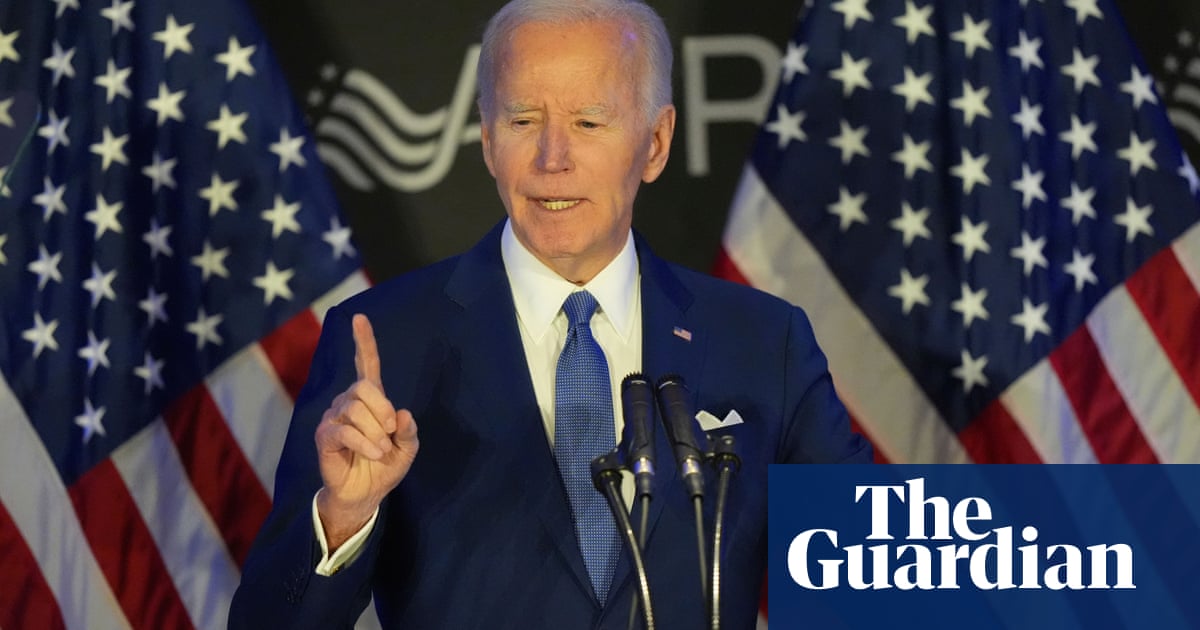Tuvalu, one of the world’s most remote nations, has unveiled its first ever ATMs, at the headquarters of the National Bank of Tuvalu in the village of Vaiaku on Funafuti, the country’s main island.
Tuesday’s ceremony marked a historic shift for the island nation of 12,000 people, which has never before had access to electronic banking. Attended by prime minister Feleti Teo, the governor general, traditional leaders, members of parliament and representatives from the diplomatic and business sectors, the event celebrated a long-anticipated move toward financial modernisation.
Until now, all banking in Tuvalu has been done in cash. On pay day, workers are required to queue at the bank to withdraw their salaries, a process that often leads to long lines and limited access after the bank closes at 2pm. Daily transactions for groceries, hotels and services remain almost entirely cash-based.
“Today not only marks a momentous occasion but it is also historic as the bank moves into a totally new era, not just in terms of its services but also in terms of its strategic direction,” Teo said during his keynote speech.
Initiated in 2021, the total cost of the ATM and point-of-sale rollout exceeded A$3m, according to the bank’s general manager, Siose Penitala Teo, who spoke to the Guardian at the main office of the bank.
“We’ve been in an analogue space all along, these were dreams for us,” Teo said. “These machines don’t come cheap. But with government support and sheer determination, we were able to roll out this service for our people.”
The prime minister said the bank initially worked with an external adviser but later contracted Pacific Technologies Limited in Fiji to deliver and install the systems, which will now be operational at multiple locations on Funafuti, including at the airport and within local villages. Five ATMs have been installed, and 30 point-of-sale terminals will be installed across the island.
“We explored different options and undertook due diligence to find cost-effective solutions tailored to our customers’ needs,” Teo said. “That’s how we procured the ATMs and point-of-sale systems that are now operational.”
For now, only prepaid cards can be used at the machines. Teo said customers would have to obtain prepaid cards before they could use the ATMs.
The bank plans to roll out Tuvalu-issued debit cards next, with the goal of eventually providing Visa debit and credit card functionality that can be used overseas for travel and online purchases.
With about 6,000 banking customers, many of whom hold multiple accounts, the introduction of electronic banking is expected to ease congestion, reduce reliance on cash and improve access to financial services across the outer islands.
“We’re providing the service for free until people get the hang of it,” Teo said. “In time we’ll look at fees, but right now this is about accessibility and progress.”

 5 hours ago
6
5 hours ago
6













































